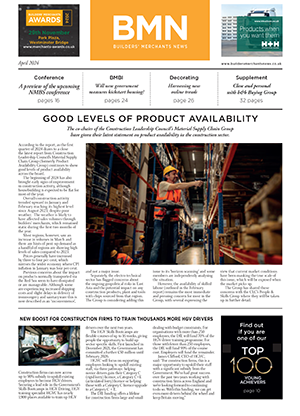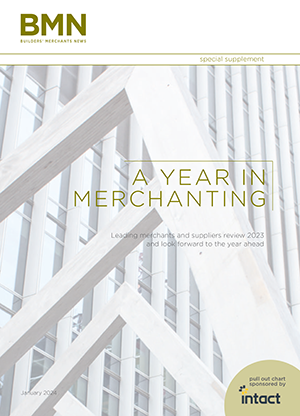Most organisations now avoid buying products made out of metal, according to workplace supplier Slingsby.
In 2012, estimates from the Association of British Insurers suggested that insurers were paying out more than £1m a week to victims of metal theft. To tackle the problem, a ban on paying cash for scrap metal was introduced last year under the Scrap Metal Dealers Act. Fines were also increased for dealers trading in stolen metal and police have been given new powers to close unlicensed scrap yards.
Lee Wright, Marketing Director at Slingsby, said: “These measures have definitely helped to curtail the market for stolen metal as there is now a clear audit trail back to whoever brings metal into scrap yards and there are more severe penalties for those who step out of line.”
However, the damage to metal’s reputation might already have been done.
“While these changes, combined with falling metal prices, are reducing the appetite for stolen metal, lots of businesses and organisations now refuse to buy metal products if there’s a chance that a thief could steal them,” explained Mr Wright.
“The growth of scrap metal thefts throughout the UK in recent years has definitely left a sour taste and as a result we’re regularly asked to provide plastic alternatives for all types of products including benches, litterbins and even signs – and it’s a trend that’s definitely growing.”






